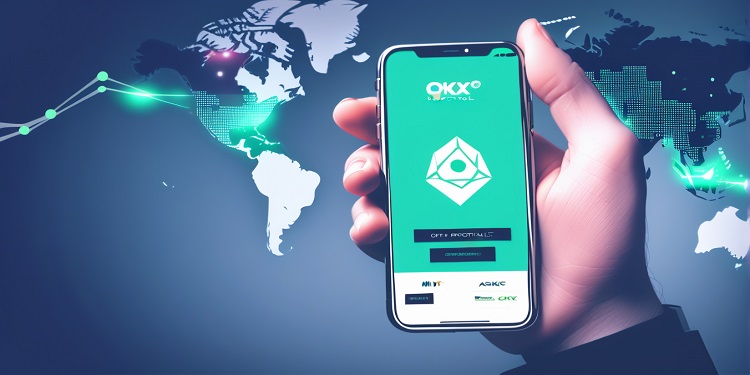Lumerin, an open-source protocol designed to control peer-to-peer data streams through smart contracts, has officially launched the mainnet for Morpheus. This decentralized artificial intelligence (AI) network consists of general-purpose personal AIs referred to as Smart Agents. Lumerin’s pivotal role in developing the Morpheus mainnet and its associated node reflects years of expertise and refinement. The launch represents a significant milestone in advancing Web3 applications, emphasizing accessibility, transparency, and efficiency for both consumers and businesses.
Tackling Centralized AI Challenges
The inherent risks of centralized AI models have long raised concerns about bias, censorship, and monopolization. These systems, often controlled by large technology companies, pose threats to user privacy by tracking and collecting personal data. By decentralizing AI on blockchain networks, Lumerin aims to democratize data access and intelligence. This approach emphasizes transparency, accountability, and open benchmarking, reducing reliance on centralized frameworks.
Decentralized models also ensure a more equitable ecosystem by enabling individuals to control their data. The shift away from corporate-controlled AI seeks to address the growing demand for systems that prioritize user rights and eliminate monopolistic practices.
Lumerin’s Contribution to Morpheus
The Morpheus decentralized AI network optimizes the allocation of AI compute resources while providing a user-friendly, ChatGPT-like interface. Lumerin’s robust codebase has been central to building the core node software that connects users, compute providers, and Smart Agents within this Web3-powered ecosystem.
The network introduces several transformative features:
Decentralized AI Data Routing: AI resources are securely and efficiently distributed across the network, ensuring reliable functionality within AI marketplaces.
Permissionless Access to AI Models: Both public and private AI models are made accessible in an equitable and transparent manner.
Censorship Resistance: The network ensures user privacy by safeguarding data and prompts within its decentralized framework, mitigating risks of censorship.
AI Image Generation with LLMs: Morpheus integrates various large language models (LLMs), allowing users to generate AI-driven images at a lower cost through a streamlined chat interface.
Crypto Payments for Smart Agents: Crypto payment rails enhance usability and reward Smart Agent providers, creating a more flexible payment ecosystem.
AI Services Marketplace: A cost-effective marketplace facilitates direct transactions between users and AI service providers, enabling a highly accessible ecosystem for AI services.
A Vision for Democratized AI
Lumerin envisions a future where AI resources and tools are decentralized, prioritizing equity and user privacy. The Morpheus network serves as a practical implementation of this vision, leveraging blockchain technology to eliminate barriers and centralization risks. By building on years of battle-tested code, Lumerin’s contribution paves the way for a transparent and community-driven AI landscape.
The launch of the Morpheus mainnet underscores the potential of decentralized AI to redefine how technology intersects with user autonomy, data control, and equitable access. As more users and providers adopt this framework, the future of AI may shift away from corporate dominance toward a decentralized, inclusive model.









